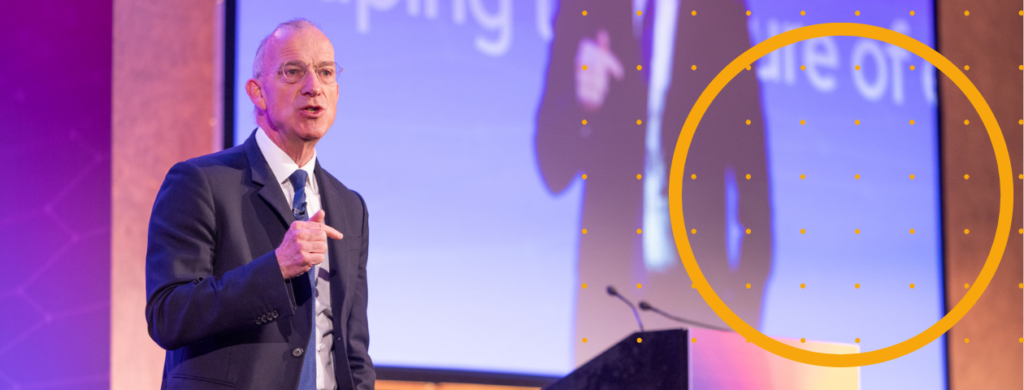
While massive open online courses (MOOCs) have garnered a great deal of attention over the past few years, their effectiveness – and what role they can serve in higher education – has been called into question in some quarters. Data provided by course platforms Coursera and edX has shown that, while over 25 million people around the world have enrolled in courses over the last three years, just 4% of those users go on to complete a course.
It has also been shown that the majority of those who enrol in MOOCs already have a bachelor’s degree (80%), are employed full-time (60%) or come from developed countries (60%). So are MOOCs just a vanity project, serving the interests of privileged students – most of whom don’t even bother completing them? Who benefits from this?
Research published in the Harvard Business Review – conducted by researchers with a stake in MOOCs, it must be said – looks to answer this very question.
Academic goals vs. career benefits of MOOCs
In December 2014, a survey was sent to 780,000 people from 212 countries, all of whom had completed a Coursera MOOC prior to September 1st, 2014. From these results, the authors saw that there was a slightly greater focus on professional development when enrolling in MOOCs, as opposed to academic goals.
52% of those surveyed claimed they enrolled in order to improve their career prospects. Of these so-called ‘career builders’, a very healthy 87% reported having benefitted professionally from completing a MOOC.
Tangible career benefits
Rather than simply feeling a vague improvement in their careers prospects, 33% of respondents reported tangible career benefits from having completed a MOOC. These tangible benefits include finding a new job, starting a business, or receiving a pay rise or promotion. Those that chose to enrol in a MOOC with career advancement specifically as their main goal were the most likely to report this outcome.
It seems, then, that those who enrol in a MOOC with career advancement as a clear goal tend to get something out of the courses.
Developing countries and lower socioeconomic backgrounds are key beneficiaries
While general career benefits are felt more by respondents with higher socioeconomic statuses (90% vs 81%), tangible career benefits are actually found more in those from a lower socioeconomic background (36% vs 32%). In fact, career builders with a low socioeconomic status from non-OECD countries are the most likely to report tangible career benefits from completing MOOCs (39%).
Furthermore, people from developing countries who fit into lower socioeconomic brackets are more likely to enrol on a MOOC for the sake of education, and also the most likely to feel like they’ve benefited in this regard. Over 90% of those with a lower socioeconomic status reported educational benefits, in comparison with 86% of those with a higher one.
One of the purported goals of MOOCs from the off was to widen access to education. These results suggest that, for those who complete them at least, they have been somewhat successful in this regard.
How problematic are low MOOC completion rates?
There is still an elephant in the room though. Despite the many positive influences revealed in this report, there is still the issue of incredibly low completion rates. Even if only 4% of those enrolled in MOOCs complete their course, however, this will still equate to millions of people receiving education and credentials to which they may not have previously had access if the uptake remains at current levels. More than one million people have completed a Coursera course since it was created in 2012, and more than 2.1 million courses had been completed as of April 2015.
Universities and colleges that run MOOCs are offering opportunities to students that may not otherwise have access to high-calibre education. Though they are not in the majority, this doesn’t mean that this should be disregarded. Those who do enrol in and complete MOOCs clearly feel that they were useful.
In one respect at least then, we can say that so far, this nascent format has enjoyed some degree of success.
Follow us on Twitter to learn more about MOOCs and other digital trends in higher education.




